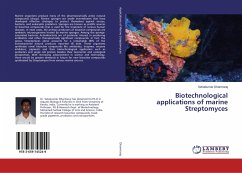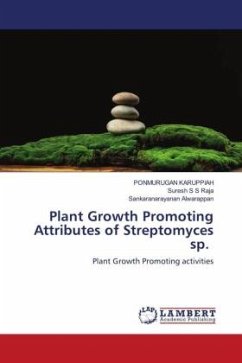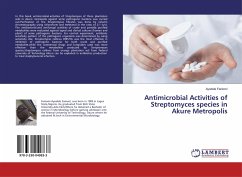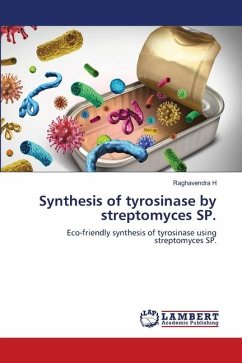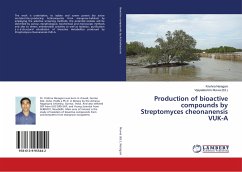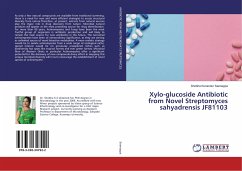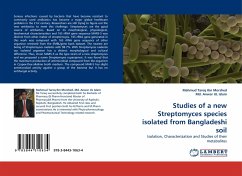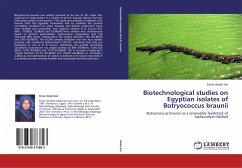Marine organisms produce many of the pharmaceutically active natural compounds (drugs). Marine sponges are sessile invertebrates that have developed effective strategies to protect themselves against viruses, bacteria, and eukaryotic predators. Sponges are known as prolific sources of bioactive compounds that is used for the treatment of various human diseases. In most cases, the primary producers of bioactive compounds are symbiotic microorganisms hosted by marine sponges. Among the sponge-associated bacteria, Actinobacteria are of particular interest in producing antibiotics and other therapeutically significant compounds. In fact, the genus Streptomyces alone accounts for a remarkable 80% of the actinobacterial natural products reported till date. These organisms synthesize novel bioactive compounds like antibiotics, enzymes, enzyme inhibitors, pigments and their biotechnological application such as probiotics and single cell protein besides their taxonomic and ecological perspectives. With increasing advancement in science and technology, there would be greater demands in future for new bioactive compounds synthesised by Streptomyces from various marine sources.

